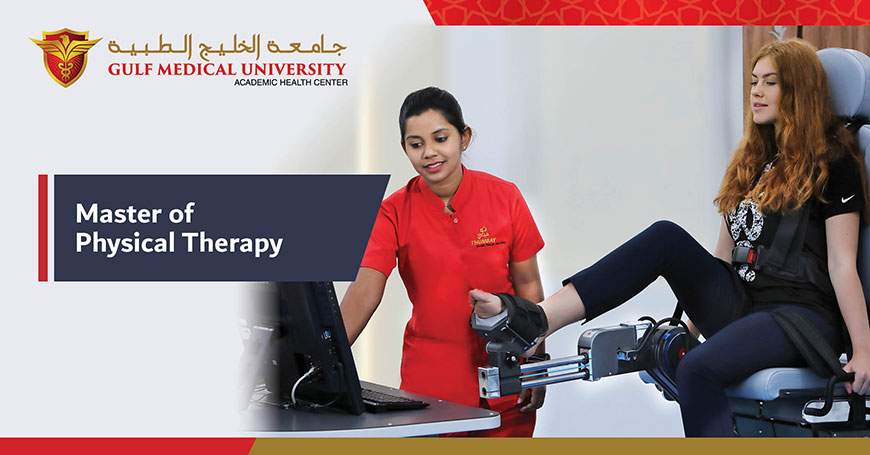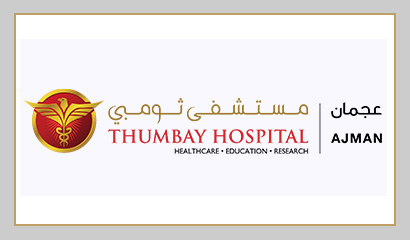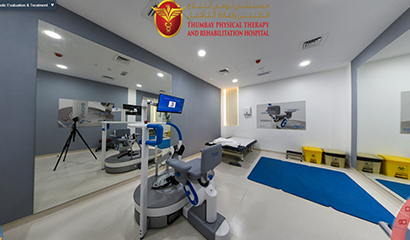By the end of the course the graduate of the Master of Physical Therapy (MPT) program will be able to:
PLO1. Incorporate the knowledge from foundational and clinical sciences with advanced physical therapy practice.
1.1 Distinguish between normal and abnormal findings through the application of the competencies in the fields of biomedical, behavioral and clinical sciences when undertaking physical therapy management.
1.2 Use a general and systems approach to explain the indication for physical therapy intervention in health promotion and rehabilitation.
PLO2. Evaluate the patient information appropriate in physical therapy practice and derive a detail problem list and precise diagnosis.
2.1 Collect relevant information through history taking and review of medical records.
2.2 Examine, grade and document medical and clinical status of body systems.
2.3 Perform applicable tests and measures needed for appropriate patient evaluation.
2.4 Analyze the data collected through patient evaluation to derive relevant problem lists and arrive at precise diagnosis.
2.5 Integrate the patient evaluation data to develop physical therapy protocols and reassess the prognosis.
PLO3. Execute advanced physical therapy protocols in the delivery of care and justify them based on evidence-based practice.
3.1 Design a plan of management that is safe, effective and patient/client- centered.
3.2 Involve patient/client, family members, payers and other professionals in planning of care.
3.3 Select and apply appropriate physical therapy interventions consistent with physical therapy practice guidelines and re-assess the treatment outcome using appropriate outcome tools.
3.4 Substantiate the selection, practice and prognosis through the highest level of evidence-based practice.
PLO4. Undertake physical therapy practice as demanded of a member of the rehabilitation team on complex clinical cases.
4.1 Apply management principles when dealing with the other members of the healthcare delivery team.
4.2 Apply basic principles of finance, business and marketing to maintain one’s practice in compliance with the standards of the regulatory bodies.
4.3 Be aware of one’s limitations and promptly seek consultation with another team member considering the best interest of the patient.
4.4 Be aware of the different modalities of management and refer the client to another health professional when physical therapy alone will not resolve the health problem of the client.
PLO5. Undertake research investigations on problems requiring research analysis and communicate the conclusions or solutions in the most pertinent format.
5.1 Conduct scientific studies to contribute to the development of the physical therapy profession.
5.2 Plan and conduct and participate in research activities to develop new knowledge and skills.
5.3 Deal with the challenges of complex issues related to physical therapy and arrive at newer ideas and views of problem solving.
5.4 Compare, validate and device scientific approaches to solve research problems.
PLO6. Undertake practice of the physical therapy profession incorporating ethical learning, standard practice, ideal approach and desirable attitude.
6.1 Observe and execute professional code of conduct as applicable to physical therapy practice.
6.2 Demonstrate integrity in all dealings with patients/clients in the delivery of care.
6.3 Comply with all legal requirements as applicable to physical therapy practice in UAE.
6.4 Consider all resources that are appropriate and available to the individual patient/ client in the planning and delivery of care.
6.5 Exhibit concern for patient’s well-being above all other considerations
PLO7. Communicate commendably at all times with clients, fellow practitioners, interdisciplinary team members, payers and policymakers.
7.1 Use the principles and strategies of communication effectively in planning and preparing health education materials and when interacting with payers and policymakers.
7.2 Choose verbal, nonverbal, or written communication methods of communication that match the age, gender and culture and professional relationship between patient/client and other members of the health care delivery team.
7.3 Be aware of the effect of one’s communication approach and strategies on patient/client and other members of the health care delivery team.
7.4 Demonstrate awareness of the effects of culture and language upon interpersonal communication between patient/client and other members of the health care delivery team.
7.5 Be willing to adapt one’s communication strategies to match the needs of the patient/client and other members of the health care delivery team.
PLO8. Promote health, fitness and wellness both at the level of the individual and the community, based on the principles of education.
8.1 Advocate for health and fitness needs in UAE.
8.2 Be involved in the various community education activities concerned with promotion of health and fitness.
8.3 Educate and promote community efforts to prevent disease, impairment and health risks considering the age, gender, culture as applicable to physical therapy practice.
8.4 Identify gaps in health awareness and health risk factors in the community to develop and provide relevant information to all through appropriate channels.
8.5 Be involved as an integral part of a network of local schools, government agencies, professional organizations, businesses in the health sector and individuals to provide consultation in physical therapy practices.
PLO9. Evaluate one’s physical therapy skills on the basis of current scientific evidence.
9.1 Continue to access current information to update one’s knowledge and critically justify guidelines published by professional physical therapy organizations.
9.2 Integrate and reflect the new information in the delivery of care so that the patient/client will be able to benefit from the latest advances in the field of physical therapy.
MPT Program Competency Mapping and Values:
MPT Competencies are mapped with the competency standards for Physiotherapy are described in the Essential Competency Profile for Physiotherapists in Canada (2017) by Canadian physiotherapy association (CAP) and from Master’s level physiotherapy competency model (Bulley et al 2005).
Mapping of Master of physical Therapy program’s PLOs with CAP and Master’s level physiotherapy competency model is described in below table.
|
CAP* Roles
|
Bulley et al 2005 |
Key Competencies of MPT by GMU |
| Expert |
Professional Leader |
PLO1, PLO2, PLO3
|
|
Communicator
|
Professional Leader |
PLO7
|
|
Collaborator
|
Advisor |
PLO4
|
| Manager |
Manager |
PLO7
|
|
Advocate
|
Advisor |
PLO8 |
| Scholarly Practitioner |
Innovator |
PLO5, PLO9
|
| Professional |
Advisor |
PLO6, PLO9
|
*CAP- Canadian Physiotherapy Association.
Program Director
Dr. Ramprasad Muthukrishnan,
Associate Professor.





